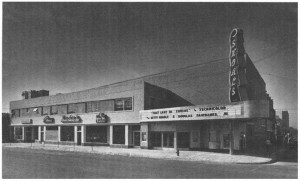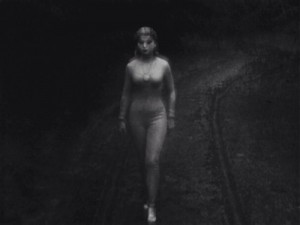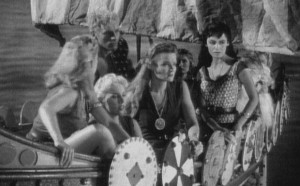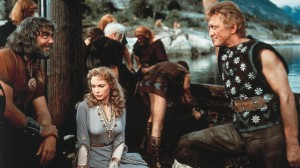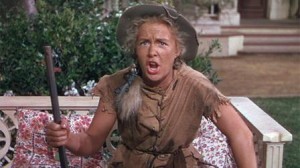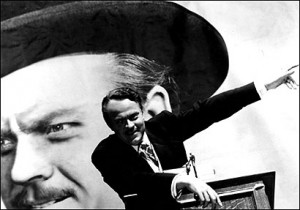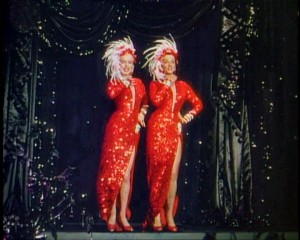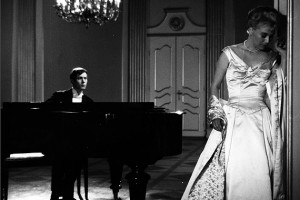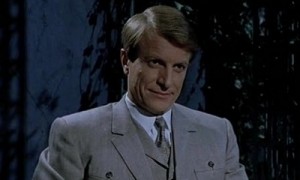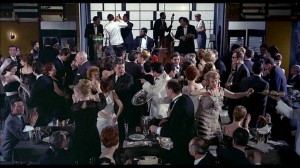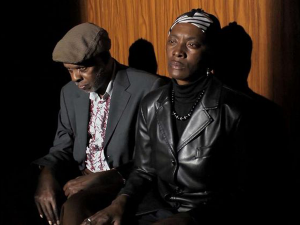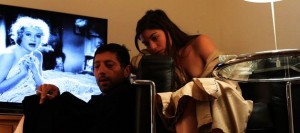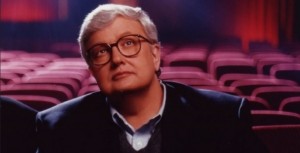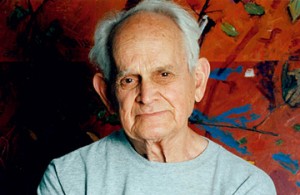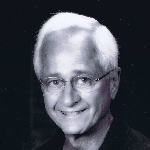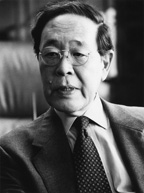This interview with Han Jian, reporter for the Bund Pictorial– a culture and lifestyle weekly based in Shanghai — was conducted for a cover story about American film critics planned for their February 17, 2015 issue. [Feb. 28: Now that I’ve been sent a link, it’s clear that the Chinese version of this piece is somewhat longer, because of an added introduction.]– J.R.
1. How did you become a film critic? Do you still remember your first film review?
Much of this is described in my first book, an experimental memoir entitled Moving Places: A Life at the Movies (1980; second edition, 1995). I was the grandson and son of movie theater exhibitors in northwestern Alabama, which enabled me to grow up watching a great many movies for free. My father wrote a column for the local newspaper promoting the current releases, and shortly after my 14th birthday, I substituted for him one week, although this wasn’t actually a review. But the following year, I published my first actual film reviews — of The Astounding She-Monster, The Viking Women and the Sea Serpent, The Vikings, and a live TV drama called No Place to Run — in my high school newspaper.
2. Is there a certain film which you watched when you were young and has been the enlightenment of your love for films?
There are too many films to cite here — although I can mention that Annie Get Your Gun was my favorite film at the age of seven. Roughly a decade later, this was replaced by Citizen Kane.
3. In your opinion, has the film criticism changed a lot since you had this job? Could you tell Chinese readers its overall trend in recent years according to your personal experience.
For me, the two biggest changes have been the Internet and the availability of many films on video, DVDs, and Blu-Rays, changes which have yielded much more film criticism and more knowledgeable (and, in some other cases, less knowledgeable) film critics. I see most of these changes as beneficial, but I realize that some of my colleagues don’t agree with me. Generally speaking, there is more criticism now, both good and bad.
4. Most American film critics are employed by media. You were the head film critic for the Chicago Reader from 1987 until 2008. Could you tell us a little bit about the relationship between critics and the media he/she serves? Is it a high loaded job? Like how many films did you watch and how many reviews did you write per week?
This varied a great deal, and I’m not very good at keeping count. I was very fortunate at the Chicago Reader because I had virtually unlimited space for most of my 20 years there (not at all common), could often review some films weeks or even months after they opened (even less common), and usually had excellent editors. By the time I decided to retire from this job, however, I had few of these benefits.
5. You had an experience in France, what’s the difference between the state of the film journalism/criticism in France and in the U.S.?
Many big differences. France loves the arts and supports them and their appreciation with state grants. The U.S. tends to distrust and dislike the arts, and gives more state money every year to military marching bands than to all the other arts combined.
6. What about your working condition after retired from the Chicago? Do you still keep the intensity of watching and writing? What’s your concentration as a film critic at present?
By choice, I watch fewer and (more often) older films, following my own tastes rather than those of the film industry. I would like to think that the intensity of my interest and of my writing are the same.
7. Do you still go to film festivals now and then? Which one fits your taste most?
The only ones that I attend are those that invite me, usually to be on a jury — such as, most recently, Hong Kong (this coming spring), Edinburgh (last year), FICUNAM in Mexico City, San Sebastian, the Viennale. The only festival I attend every year these days is Il Cinema Ritrovato in Bologna, a wonderful event devoted exclusively to restorations of older films, where I serve on the DVD jury. My favorite festivals of the past are BAFICI (in Buenos Aires), the Viennale in Vienna, and the film festival in Rotterdam.
8. Could you name the most satisfied (or most influential) film review you’ve written in your career?
The most influential article has probably been one criticizing the American Film Institute’s list of the 100 greatest American films and furnishing a separate list of my own: https://www.jonathanrosenbaum.net/1998/06/list-o-mania-or-how-i-learned-to-stop-worrying-and-love-american-movies/ The long reviews I’m most satisfied with are probably the reviews I’ve written of Gentlemen Prefer Blondes, Gertrud, Mélo, and PlayTime.
9. What do you think of the impact of the new media on film criticism? Do you think the golden age of film criticism has gone?
For me, the golden age of film criticism has arrived, thanks to the new media — and this includes the film criticism that exists on film or on video, which is often neglected.
10. It seems that there was a time when (in about 50s-60s and 80s) NYFCC awards sometimes had similar taste with the Academy Award. Do you think the film critics have little impact on the Academy Awards now?
I really don’t know and I don’t much care. The Academy Awards are a form of advertising, and critics affect advertising, but I’d prefer to think that this is a secondary role.
11. As my observation as a Chinese audience, since Jurassic Park ( which was almost the first Hollywood blockbuster we ever watched in cinema), more and more Hollywood blockbusters have been on all over the world. The box office are good but those films seem prevent us to be exposed to the diversity of American films. I don’t know if you agree are with me, and is there a solution to this problem?
Most blockbusters nowadays are aimed at 11 or 14-year-old boys, pointing to an obvious limitation. But this is a reflection of the bad taste of the people running the business, not so much of the audience (which, unlike the business, lacks a coherent voice).
12. What’s your ten best films in 2014? What’s your prediction about the best film, actor and actress of the coming Academy Award?
To answer your second question first, I’m not interested in competitive sports, and the Academy Awards are a sporting event and a promotional campaign, not an artistic event. Some of my favorite films of the past year are Horse Money, Adieu au langage 3D, Citizenfour, Locke, and Adilkhan Yerzhanov’s The Owners — and perhaps I should add, especially for a Chinese audience, Fei Mu’s Spring in a Small Town, which is finally about to become available in an acceptable version with English subtitles for the first time.
13. Who is your all-time favorite film critic? Roger Ebert might be the most famous film critics to Chinese audience. How do you see his work? And Manny Farber, you mentioned that he had an influence on you. On which aspect?
Farber, my favorite English language critic, influenced me above all through the energy, daring, artistry, and originality of his writing. Roger Ebert was a thoughtful and courageous person and a great popularizer, but not, in my opinion, a critic or writer of any real importance; I didn’t learn anything about cinema or writing from him. The ones who have taught me most about cinema include, among others, Bazin, Daney, Godard, Farber, and, among contemporaries, Adrian Martin, James Naremore, and Shigehiko Hasumi.

